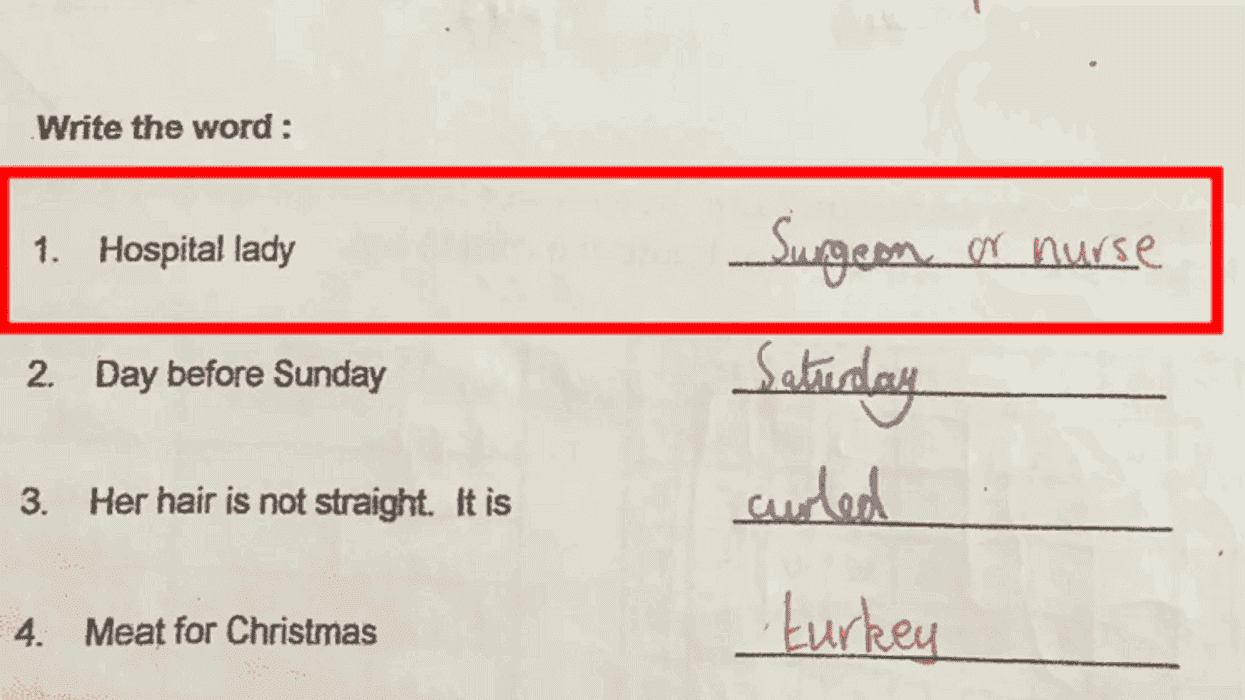My mom is awesome. A lifelong elementary school teacher, Jane started the first co-op in her little Northern Vermont town. She traded the use of a few acres of field for the local farmer to grow hay in exchange for manure to fertilize her large garden where she grew everything from pumpkins to kale to snap peas. She was anti-sugar before anti-sugar was de rigueur.
Yet she has one fault. Well, two, if you count the fact that she has a tendency to leave her blinker on for miles after soft turns, flustering fellow motorists. But the one we’ll deal with here is that instead of using any number of cooking methods available to humans, she boils her bounty of delicious garden fresh vegetables.
“I still boil vegetables,” she tells me when I call to confront her. Recently, I was eating zucchini I’d bought from the farmer’s market. I cracked some pepper on it, drizzled on some California olive oil, and popped it into the oven to roast for 15 minutes. It came out perfectly al dente. And all of a sudden a barrage of childhood memories came rushing back of sitting at the dinner table and eating soggy, floppy discs of boiled zucchini. Zucchini so fresh that it should have been good. Could have been good.
We’re not talking steaming here, although she does that too. We’re talking filling up a big old pot of water and dropping vegetables in. For some reason my mom prefers water as a means of cooking.
Why, mom? I ask her. Why? I tell her it made me hate vegetables when I was growing up. Like most kids, I had to choke down my greens all in the name of getting dessert—usually dried apple rings. (Did I mention my mom really hated sugar?). But I think I could have loved them all, maybe with the exception of broccoli, thanks to that one time I chomped into a tasteless boiled floret only to find I’d bitten a cabbageworm in half. There was no coming back from that until I was about 18, on my own, and realized I actually loved broccoli, steamed or pan-fried in butter.
“Probably part of the reason I would boil vegetables is because that’s what my mother did,” she says, finally getting to the root of the problem.
Ada Brummer, my mom’s mom, is a classic Jewish matriarch. At 96, she is still holding the family together from her assisted living home. She’s a strong woman, but it has long been a joke in our family that Ada would rather eat out—mostly at the local diner in her small Long Island village—than cook. She hates cooking.
My mom muses that the whole thing is genealogical. The history of my mom’s side is a bit fuzzy. There are bits and pieces of paperwork that the family has dug up over the years, but we hit a dead end around my great-grandparents. Some family came from Ekaterinaslav via Odessa in the Ukraine around the turn of the century on a ship; some came directly from Russia; some from Poland.
My grandmother’s maiden name, Bogin, places her on the Ukrainian side. A look at Ukrainian recipes turns up a full menu of boiled dishes, from borscht to galushki to “lazy” vareniki, the latter two being boiled dumpling dishes. Boiled vegetables, particularly potatoes and cabbage and carrots, are even more prevalent in Russian and Polish cooking.
Did this Baltic immigrant mish-mash turn Ada into a bad cook? Was that why she hated it? My mom seems to suggest so.
“That’s not true,” my mom’s older sister Susan tells me with a playfully argumentative snap, one that she and Jane have used to sister-bicker their whole lives when I call to confirm my mom’s story. “Ada was a very good cook. She made roast beef that just melted. We fought over the blood. We all wanted to dip our rye bread in the blood. And she made all the Jewish staples. She made an excellent matzoh ball soup.”
But on the matter of boiled vegetables, Susan softens.
“Hm,” she says, thinking. “You know what? I boil things too. That’s how I cook green beans. I boil broccoli. Actually, now I steam it. But Jane could be right.”
So, maybe Ada was the culprit in Jane’s abuse of boiling water. But over the course of our conversation, my mom comes up with a number of other excuses.
“The problem for me with roasting in the summer is I don’t want to heat my house up in the summertime,” she says in one mea culpa, implicating her Vermont townhome that has never had air conditioning. “When the vegetables are good is not when I can roast them very much, unless I grill them.”
In another she flips the blame onto me, suggesting I might’ve made her boil that beautiful yellow squash into an limp gray squish: “It might’ve been your taste at the time,” she says. “I don’t know. Sometimes kids have tastes when they’re younger that aren’t necessarily the same tastes when they’re older. What parents do is they cook things that kids will eat.”
Like any good mom story, there is, of course, some truth to that. Despite her classic ‘80s “health nut” leanings, for a while, I only ate noodles with butter and cheddar cheese. It’s not really a question of what your kid should eat when he’s 7 years old and picky. It’s what he will eat. And I totally get that, but still I wonder if I would have enjoyed her garden veggies as much as I do now.
When I mention the contrast of how healthy she purported to be versus my actual diet, she brings up the fact that the information wasn’t yet mainstream that boiling leeched the vitamins from vegetables, or that the vitamins “break down” if cooked in certain ways.
“Maybe it cooks a little bit faster,” she says, offering another reason for her boiled method, “but it does take more of the vitamins out and they go into the water.”
The funny thing is, vegetables’ boiled ruination is actually overstated.
For instance, boiling carrots actually increases the carotenoids—the part of the carrot that fights cancer—compared with their raw state. Of course, raw carrots have way more polyphenols—said to help with cardiovascular health—which disappear completely once cooked. This however, applies to all cooking methods, not just boiling. So, it’s pretty disproven that, despite your water turning green when you boil broccoli, poaching veggies is any less healthy than other methods.
What is less healthy is not eating vegetables at all, or eating them with a big pat of butter to mask the blandness of overboiled mush.
“Then they started to say butter wasn’t good for you,” my mom says, laughing in this particular way she laughs, with a little snort at the end. “They say this is good for you, or that is, and then they say it isn’t. And vice versa. For a while they were saying coffee’s not good for you. It’s too hard to keep up. Now animal fat is good for you, they say.”
It’s interesting, but I’ve noticed that now when I go home in the summer, she mostly grills outdoors—the zucchini stripe-charred to perfection. And this last Christmas, I noticed her pan-frying some green beans, just like I do at home.
“I would say, at this point in my life, I do less boiling vegetables,” she tells me. “I grill zucchini in the summer. The other squashes, I bake in the oven with olive oil, and put it in a dish with spaghetti.”
It’s actually a bit bittersweet to hear that she doesn’t much boil vegetables anymore, that it was mostly during the time I was living with her, while learning the ropes of life, trying to become a person with good habits like cooking in a way that makes food taste proper. On the other hand, maybe she was just using that tried and true trick of ‘80s parenting: reverse psychology. Yeah, that’s it; she was teaching me what not to do, things like boil my vegetables.















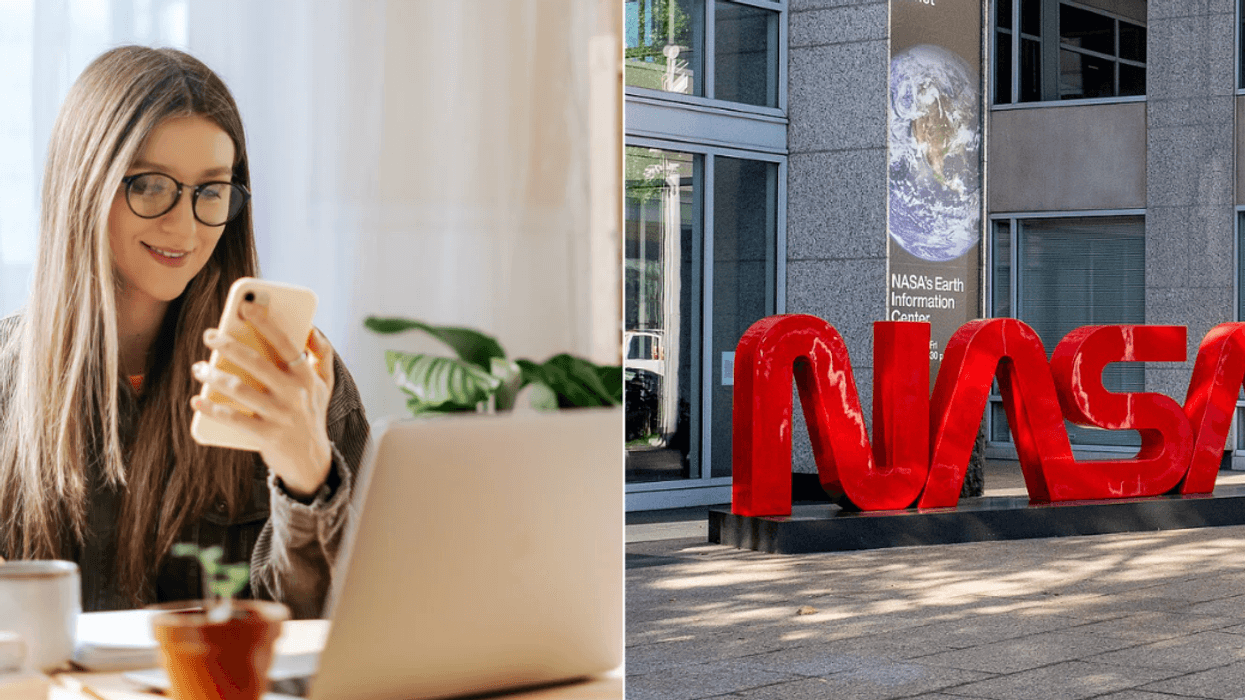
 A woman scrolls through a dating appCanva
A woman scrolls through a dating appCanva
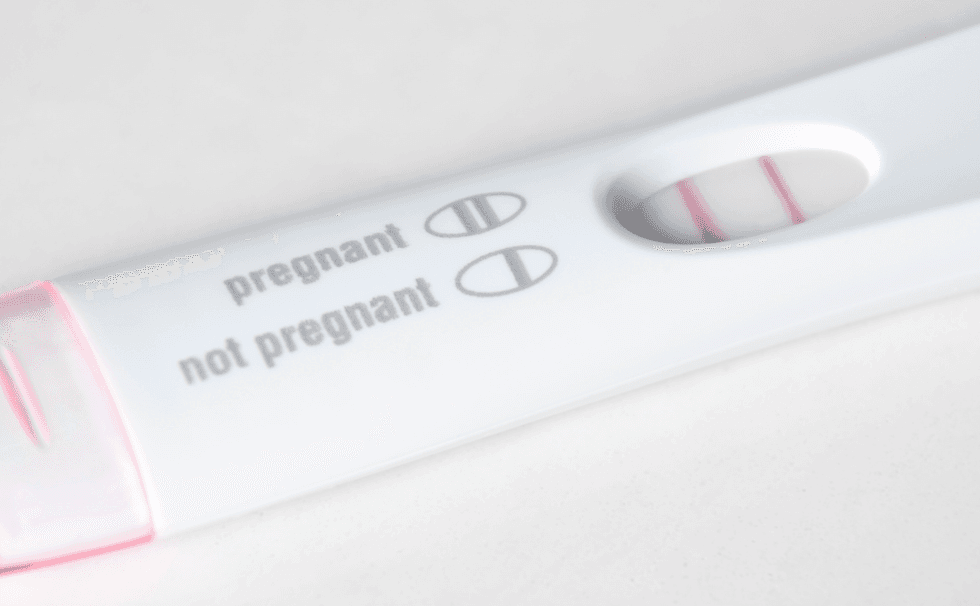 A home pregnancy test Canva
A home pregnancy test Canva
 Openly choosing the one you like best can help break down stigmas.
Openly choosing the one you like best can help break down stigmas.
 The Jumonville affair became the opening battle of the French and Indian War.
The Jumonville affair became the opening battle of the French and Indian War.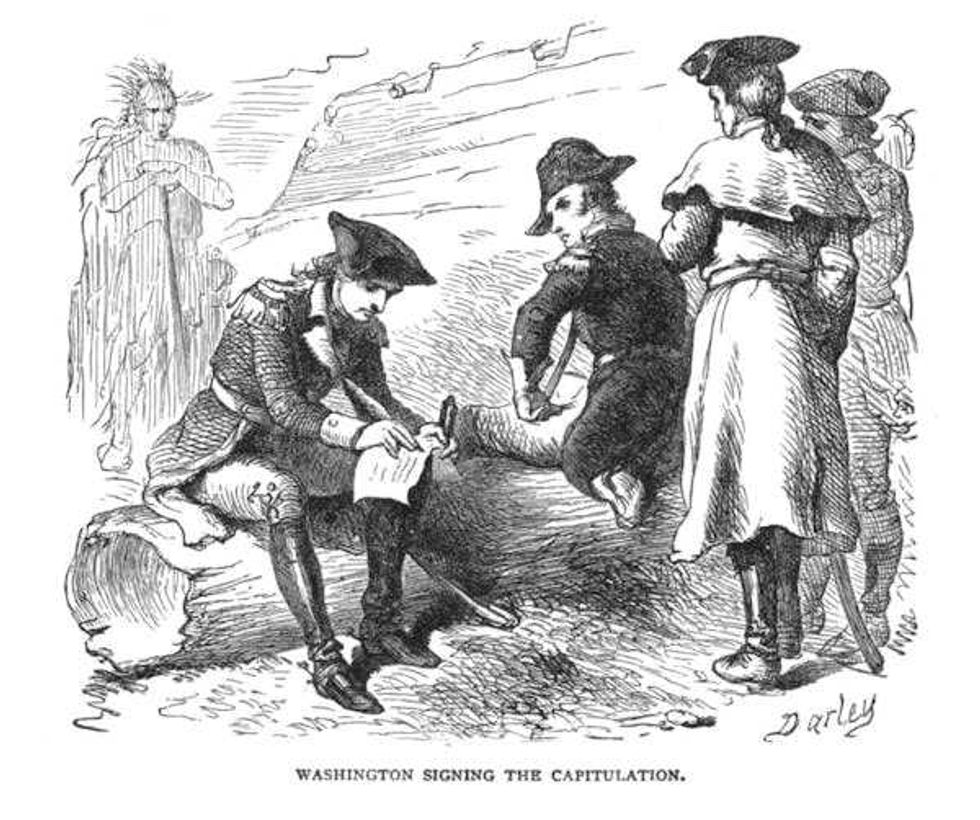 Washington was outnumbered and outmaneuvered at Fort Necessity.
Washington was outnumbered and outmaneuvered at Fort Necessity. A log cabin used to protect the perishable supplies still stands at Fort Necessity today.
A log cabin used to protect the perishable supplies still stands at Fort Necessity today.

 A young woman scrolling on her phoneCanva
A young woman scrolling on her phoneCanva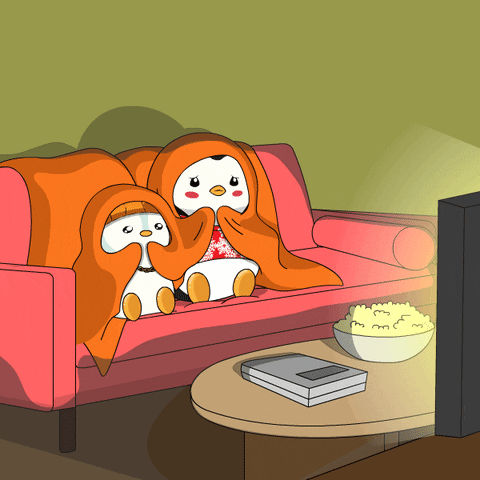 Gig of two cartoon penguins watching TV via
Gig of two cartoon penguins watching TV via  Gif of a storm trooper flipping through sings that say 'no' via
Gif of a storm trooper flipping through sings that say 'no' via 